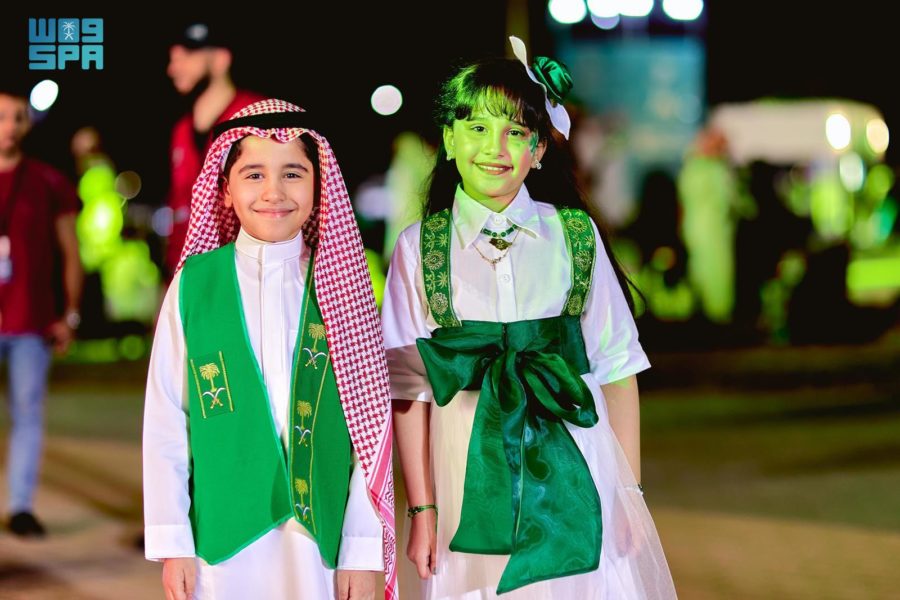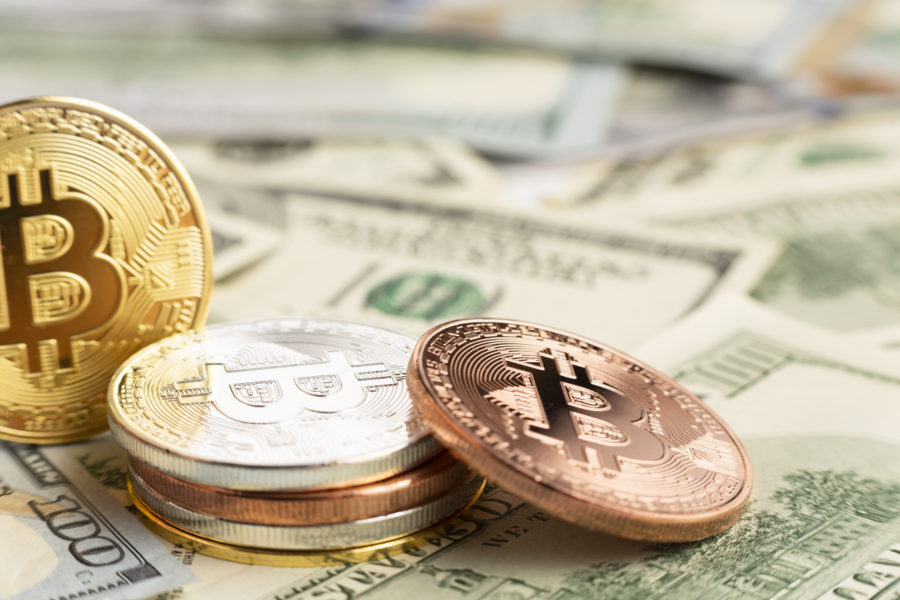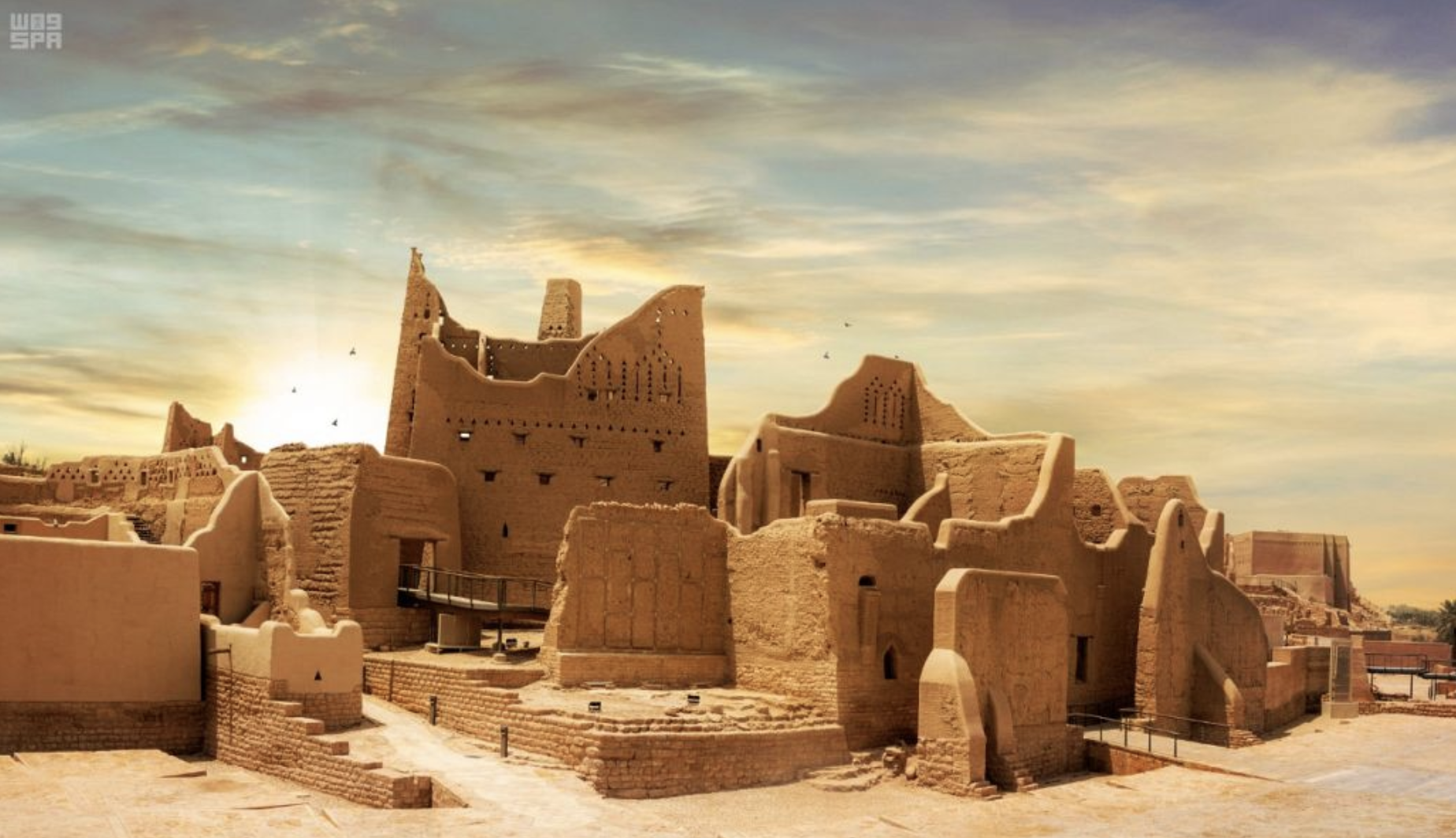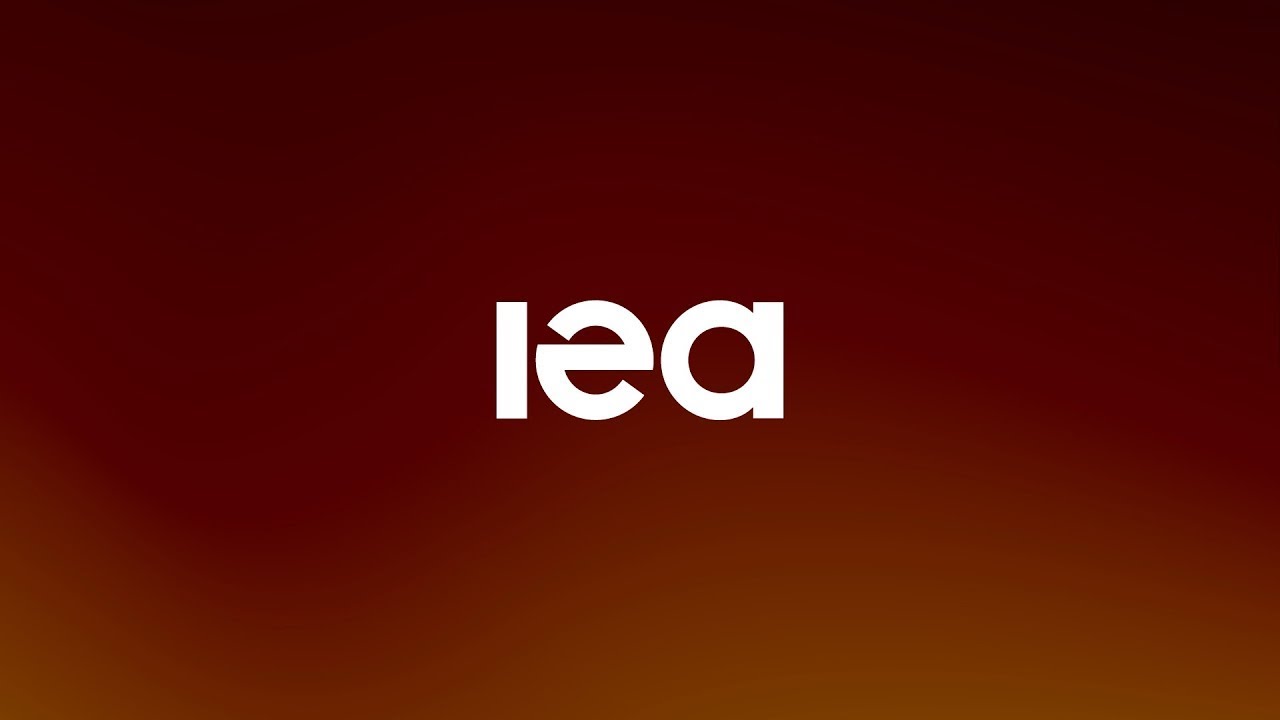
|
|||
QUOTED
|
|||
TOP STORYSaudi Arabia celebrates its 94th National Day
Saudi Arabia marked its 94th National Day on September 23, 2024 commemorating the unification of the Kingdom under King Abdulaziz Al Saud in 1930. [more] |
|||
TOP STORYOPEC releases World Oil Outlook 2024
The Organization for Petroleum Exporting Countries (OPEC) issued its 2024 World Oil Outlook forecasting significant growth in global energy demand between now and 2050. [more] |
|||
TOP STORYMiddle East accounts for 7.5% of global crypto volume
According to Chainanalysis’ 2024 Geography of Cryptocurrency Report The Middle East & North Africa (MENA) region ranks as the seventh-largest crypto market globally in 2024. [more] |
|||
TOP STORYSaudi Tourism: Who is traveling?
The International Monetary Fund’s (IMF) recent report on the Saudi economy reflected a Saudi tourism landscape that is getting broader and deeper [more] |
|||
TOP STORYIEA report says 2030 renewable energy goals within reach
Coinciding with the United Nations General Assembly in New York, the International Energy Agency (IEA) has issued ‘From Taking Stock to Taking Action’ report that concludes the goal to triple global renewable energy capacity by 2030 and cut fossil fuel use is within reach, but will require a huge push to unlock bottlenecks such as permitting and grid connections. [more] |
|||
Saudi Arabia announces new global coalition to establish Palestinian statein alarabiya.net: Saudi Arabia’s top diplomat on Thursday announced the launch of a new initiative to establish a Palestinian state and garner support for the implementation of a two-state solution after decades of international efforts failed, leading the region to the brink of an all-out war. The Global Alliance for the Implementation of the two-state solution was unveiled during Prince Faisal bin Farhan’s speech at a meeting that included the Arab League, the Organization of Islamic Cooperation (OIC) and Norway. |
|||
Qatar becomes first Arab state to join US visa waiver programmein middleeasteye.net: The US has said it will waive visa requirements for citizens of Qatar, making the gas-rich Gulf state the first Arab country, and only the second Muslim-majority country, to join a network of states with expedited travel to the US. The US Department of Homeland Security said on Tuesday that the Gulf monarchy cleared the stringent security requirements to become the 42nd member of the US’s visa waiver programme. Qatar’s population stands at just 2.6 million, of whom only a tiny fraction – around 313,000 – are citizens. The US visa waiver programme is mainly reserved for wealthy western European and Asian states. Israel was added to the programme last year. |
|||
Saudi Arabia’s coffee expansion is being driven by homegrown brandsVia Sarah Charles in intelligence.coffee: Since its founding in 2018, Half Million has expanded at an extraordinary pace, now boasting 59 stores across 14 cities in the Kingdom. Its popularity, driven by strategic branding and a social media-driven marketing campaign, reflects not only the country’s growing appetite for coffee but also a wider trend: the rise of national Saudi brands that understand and cater to local preferences. |
|||
Israel rejects U.S.-backed Lebanon ceasefire proposalVia Timour Azhari and James Mackenzie in reuters.com: Israel rejected proposals on Thursday for a ceasefire with Hezbollah, defying allies including the United States which had called for an immediate three-week halt in fighting to allow for diplomacy to avert a wider war. There will be no ceasefire in the north, Foreign Minister Israel Katz said on X. We will continue to fight against the Hezbollah terrorist organization with all our strength until victory and the safe return of the residents of the north to their homes. |
|||
Saudi Aramco raises $3 billion from second debt sale since JulyVia Yousef Saba and Scott Murdoch in reuters.com: State oil giant Saudi Aramco (2222.SE), opens new tab has raised $3 billion from two-part Islamic bonds, or sukuk, tapping the debt markets for the second time this year as it expects to pay huge dividends, mainly to the government. The state oil giant on Wednesday sold $1.5 billion in five-year sukuk at a spread of 85 basis points (bps) over U.S. Treasuries and $1.5 billion in 10-year Islamic bonds at 100 bps above the same benchmark, two sources with direct knowledge of the matter said, tighter than earlier guidance on strong demand. |
|||
Oil prices slide on prospects Saudi Arabia to raise outputVia Ahmad Ghaddar in yahoo.com: Saudi Arabia is preparing to abandon its unofficial price target of $100 a barrel for crude as it prepares to increase output, the Financial Times reported on Thursday, citing people familiar with the matter. The Organization of the Petroleum Exporting Countries – led de facto by Riyadh – along with the groups allies including Russia, together known as OPEC+, have been cutting oil output to support prices. |
|||
Saudi Aramco begins issuing dollar-denominated sukukin saudigazette.com: Saudi Aramco has started on Tuesday issuing US dollar-denominated international sukuk or Islamic bonds. The sukuk offering, which is part of the Trust Certificate Issuance Program of the SA Global Sukuk Limited, will run through until October 2. The value of the offering will be determined according to market conditions and investor demand at the time of the offering, Aramco said in a filing on the Saudi Stock Exchange (Tadawul). The minimum subscription will be $200,000 with integrated multiples of $1,000 in excess of that amount, subject to market conditions. |
|||
Desert Diplomacy: Saudi Arabia’s Quest for Regional HarmonyVia Nosherwan Adil in moderndiplomacy.eu: By prioritizing dialogue, diplomacy, and economic cooperation over conflict and confrontation, the Kingdom hopes to reduce tensions in the Middle East and create a more stable environment for its ambitious domestic reforms. While challenges remain, the early successes in mending relations with Iran, Qatar, and Yemen offer hope that Saudi Arabia’s new foreign policy could contribute to lasting peace and stability in the region. |
|||
The shifting foundations of Gulf-US tiesVia Faisal J. Abbas in semafor.com: For context, let us remember that in 2008, US oil production was below 4 million barrels a day while imports from Saudi Arabia hovered above 1.5 million barrels. The US now produces 13 million barrels a day — 4 million more than Saudi — and imports less than 500,000 barrels from the kingdom. Saudi Arabia and the UAE’s biggest oil markets are now based in the East, with China and India leading the way. |
|||
Commentary: Chinese Takeout in Saudi Arabia? You BetVia Shuli Ren in bloomberg.com: The company is joining a growing fleet of businesses that see a bright future in the Gulf kingdom. In recent months, Chinese firms won multibillion-dollar contracts to build solar plants and mixed-use development projects. In exchange for a $2 billion investment, PC maker Lenovo Group Ltd. is establishing regional headquarters there in a deal that is expected to create 15,000 jobs locally. And last but not least, Hong Kong’s flagship airline Cathay Pacific Airways Ltd. will start a new direct route to Riyadh in late October, pleasing Saudi officials who have been pitching the nascent tourism industry. |
|||
The Bread-and-Butter Issues of Jobs and Taxes in the GulfVia Robert Mogielnicki in agsiw.org: As Gulf governments accelerate domestic development agendas, local job creation and tax revenue are measurable indicators of economic policymaking success. Gulf citizens understand how employment status, salary, and tax liability affect their economic well-being, while it is much harder to determine the personal economic impact of foreign direct investment inflows. Expatriate workers and foreign investors can likewise calculate the costs associated with stricter requirements to employ local jobseekers and with new tax obligations. These two sensitive policy domains reflect the tricky tradeoffs associated with Gulf states’ development agendas. |
|||
Israel and Hezbollah carry out new attacks amid fears of wider conflictVia Maya Gebeily, Tom Perry and James Mackenzie in reuters.com: Israel struck Hezbollah targets in southern Lebanon and its Iran-backed foe attacked military facilities in northern Israel on Tuesday, increasing fears of a full-blown conflict after Lebanon suffered its deadliest day in decades. Israels military said it hit dozens of Hezbollah targets overnight, a day after carrying out airstrikes against the armed group which Lebanese authorities said killed 558 people, including 50 children and 94 women, and wounded 1,835. Tens of thousands more have fled for safety. |
|||
BlackRock Deal Showcases Rise of Saudi Wealth Fund’s New StarVia Matthew Martin, Dinesh Nair, Nicolas Parasie, and Zainab Fattah in bloomberg.com: Al Humied, who is in his early forties, and Al Rumayyan, 54, go back over a decade, having previously worked together at the Saudi markets regulator. He jumped at the chance to join the PIF during the early days of its transformation without even asking questions about salary or the role, Al Rumayyan said in a 2022 interview. It was the same for Turqi Al Nowaiser, who is in his late forties and oversees international investments. “They believed in the cause, and maybe in me personally, and of course in Prince Mohammed,” Al Rumayyan said at the time. |
|||
Commentary: The myths that are building the Saudi nationVia Camilla Wright in semafor.com: To the Western eye, it might seem that MBS is showing the world that the new Saudi Arabia is a young and flashy amalgam of construction sites and sci-fi city planning, with a dash of esports and AI thrown in. But this is all merely window dressing. Scratch a little deeper and it’s not just a new city that is being built. Behind the scenes, something deeper and far more interesting is going on. The Kingdom is recasting its whole national identity. |
|||
Saudi Arabia’s fiscal breakeven oil price is rising fast. What will the kingdom do about it?in hellenicshippingnews.com: In May of 2023 the International Monetary Fund forecast the kingdom’s breakeven oil price at $80.90 per barrel, which moved it back into a fiscal deficit following its first surplus in nearly a decade. To be sure, the fiscal breakeven isn’t the price at which Saudi Arabia makes a profit on crude but the average oil price it needs to balance the books. The IMF’s latest forecast, in April, put that breakeven figure at $96.20 for 2024; a roughly 19% increase on the year before, and about 32% higher than the current price of a barrel of Brent crude, which is trading at around $73 as of Wednesday afternoon. |
|||